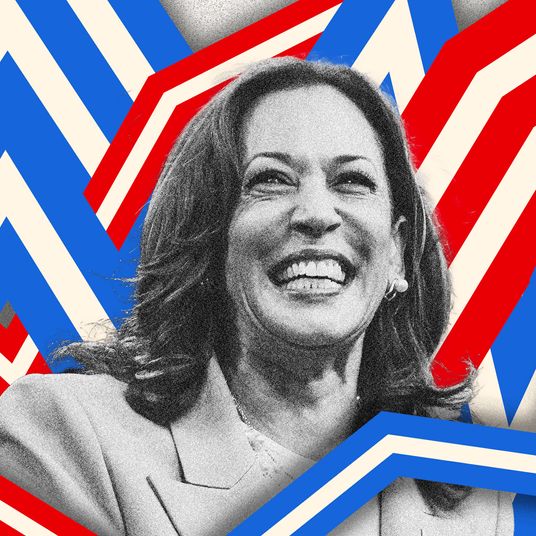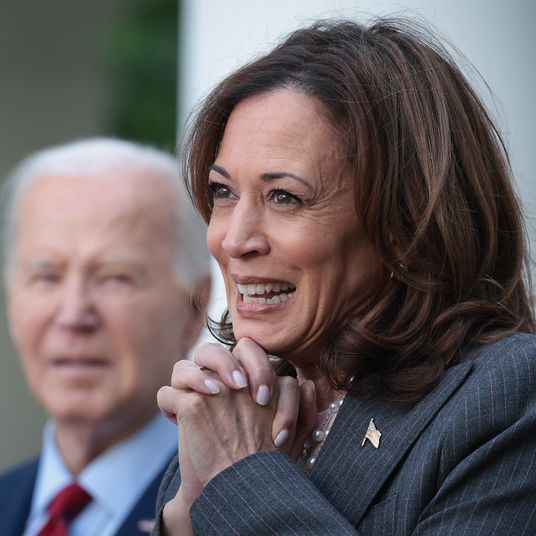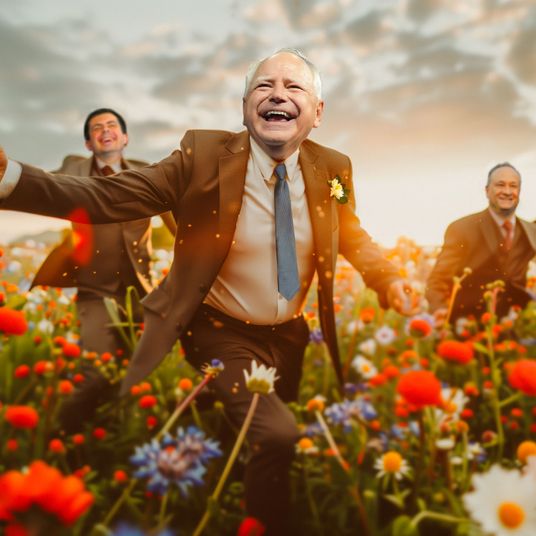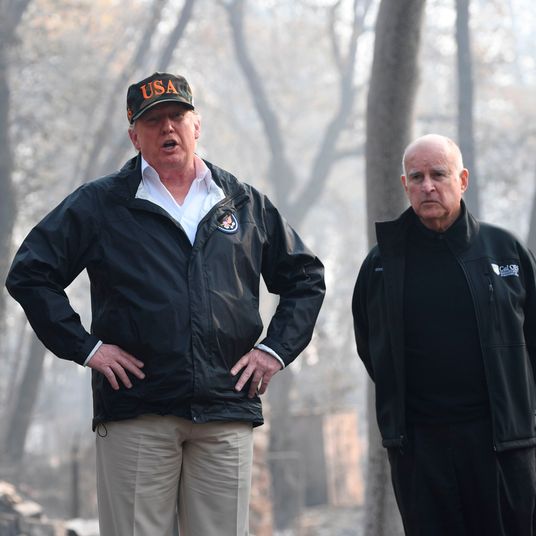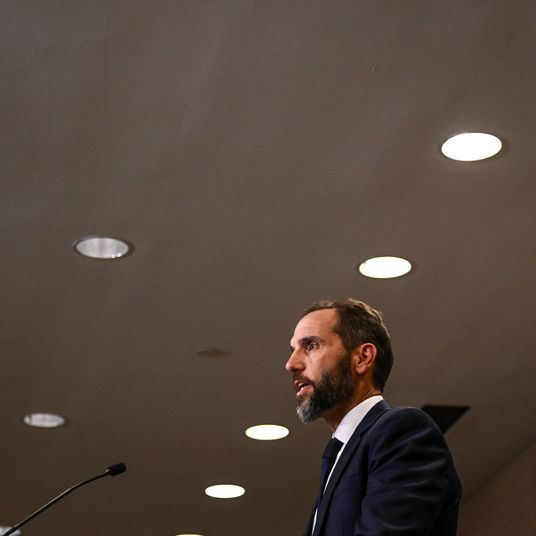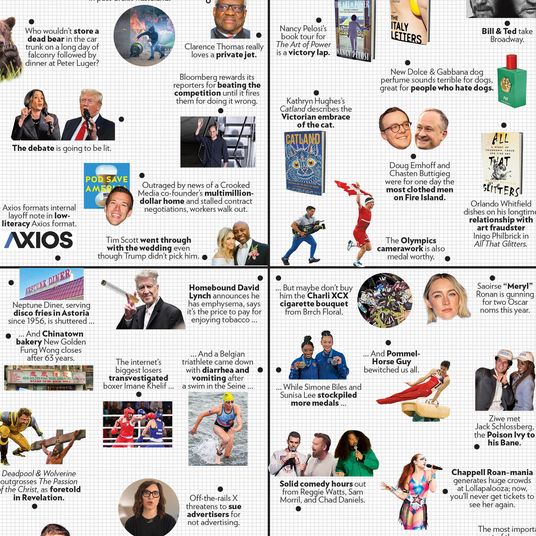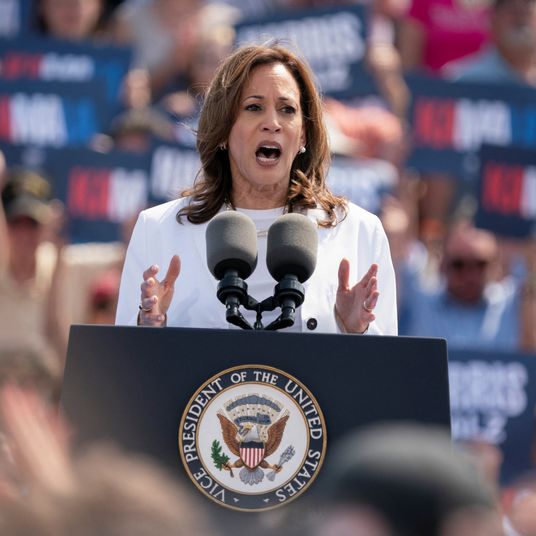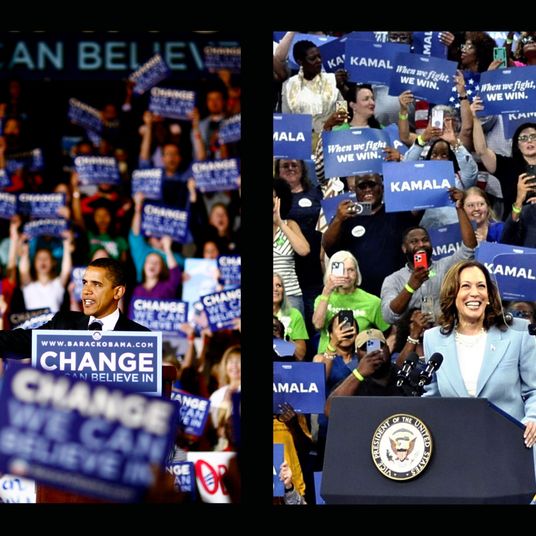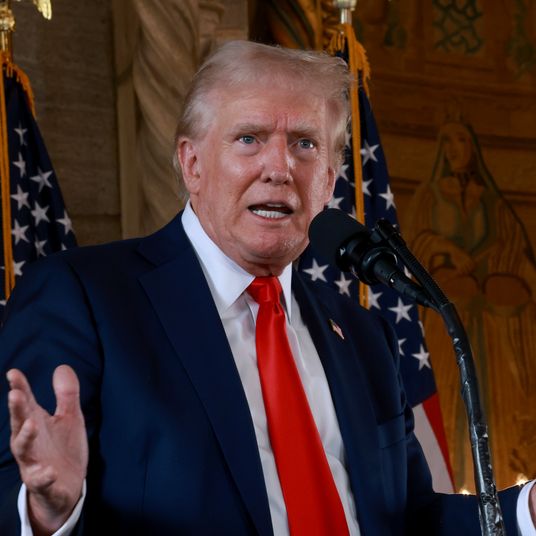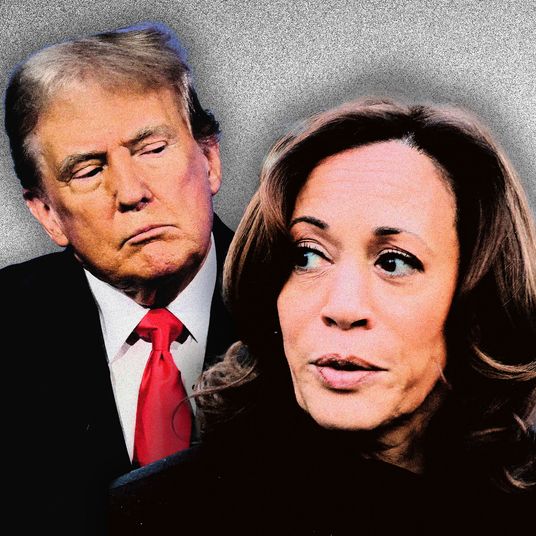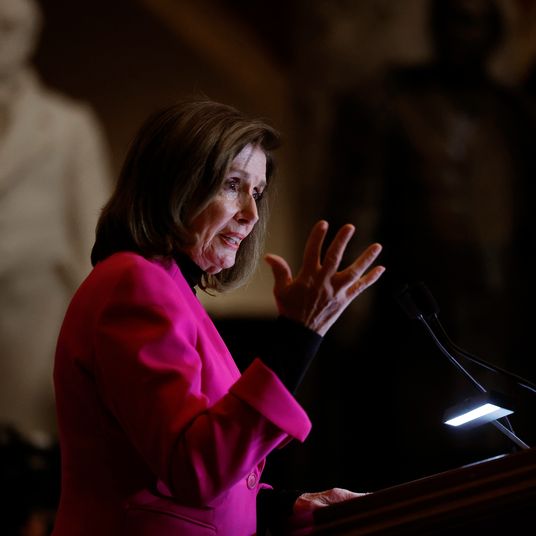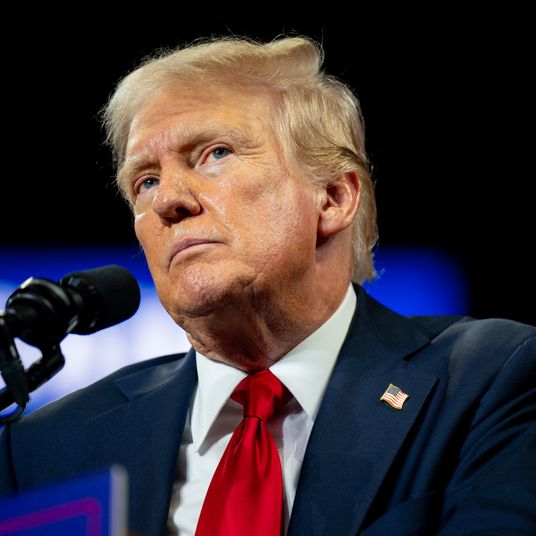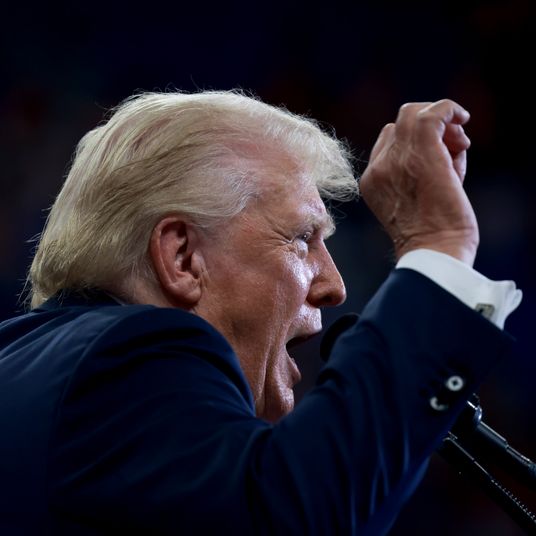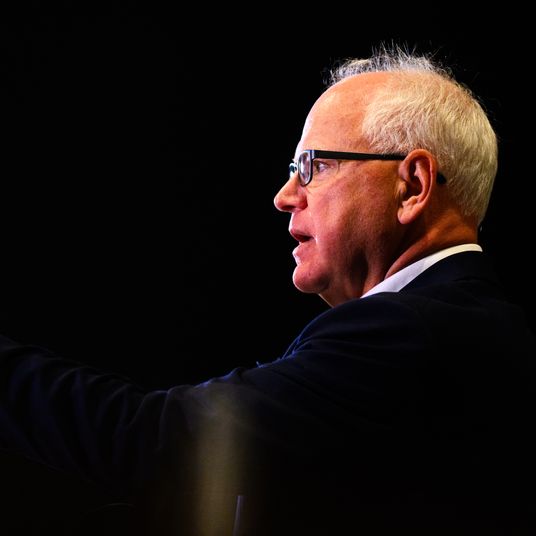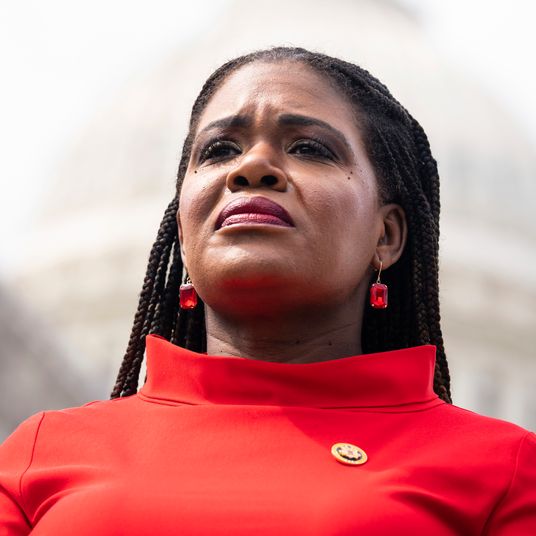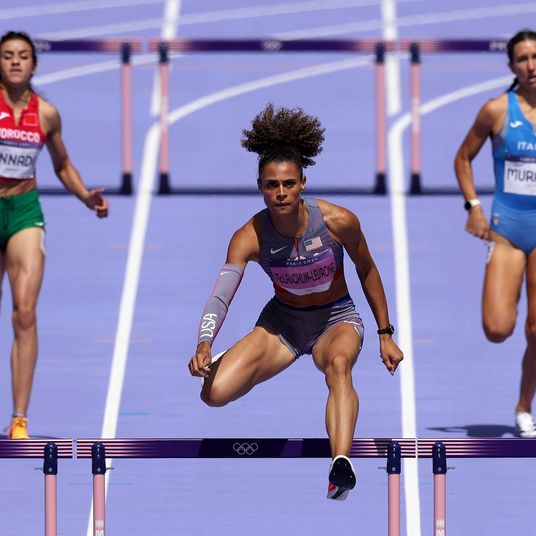
In the steadily intensifying veepstakes contest over Kamala Harris’s choice of running-mate, several leading candidates are from or live near key battleground states. These include most obviously Senator Mark Kelly of Arizona and Governor Josh Shapiro of Pennsylvania. It is often noted that Governor Tim Walz of Minnesota is from a state that only leans Democratic these days, and/or that borders on the battleground states of Michigan and Wisconsin. So can her campaign confidently plan on gaining votes in the home (or neighboring) state of this or that veep prospect?
Not according to the academic literature on this subject, which holds pretty emphatically that the idea of a “veep home-state advantage” is a vestige of the distant past, if it has ever been true. The two political scientists who literally wrote the book on this very topic (The VP Advantage: How Running Mates Influence Home State Voting in Presidential Elections), Christopher J. Devine and Kyle C. Kopko, examined data from every presidential contest from 1884 through 2012. This was their conclusion, as they wrote back in 2016 for Politico Magazine:
While presidential candidates typically enjoy a home-state advantage (approximately 3 points to 7 points), vice presidential candidates generally do not. … [A] presidential ticket performs no better in the vice presidential candidate’s home state than we would expect otherwise. Statistically speaking, the effect is zero.
We did find that veep home-state voters are more likely to care who wins an election compared with non-home state voters—but they aren’t more likely to turn out to vote, volunteer for or donate money to a campaign, influence other voters or attend political rallies.
Okay, even if that’s the overall evidence from the data, might there be exceptions — you know, like a very popular governor (like Josh Shapiro) from a very close state (the crucial Pennsylvania) tipping the balance? Not really, say Devine and Kopko:
In the small handful of cases where a vice presidential home-state advantage did occur, consistently we find that the state in question has a relatively small population, and the candidate in question has a great deal of experience representing the voters of that state. In other words, the candidate who actually delivers a vice presidential home-state advantage truly must be an institution in state politics—an object of intense affection, loyalty and intimate familiarity. Most running mates (indeed, most politicians) do not meet this remarkably high standard. Those who meet the standard—for instance, Joe Biden in 2008 and Edmund Muskie in 1968—do, indeed, improve their ticket’s performance at home.
Pennsylvania’s not a small state like Biden’s Delaware or Muskie’s Maine, and he’s only been in statewide office since 2017 (since 2023 as governor), not long enough to make him any sort of institution.
Now political scientists who have for good reason always been skeptical of the veep home-state advantage do concede that the choice of running-mate can affect perceptions of the presidential candidate in ways that help carry battleground states. The “moderate” credentials of veep prospects like Shapiro, Kelly, and to some extent Walz could help shore up the swing voter appeal of the ideologically hazy Harris. And arguably the swing voters most familiar with the moderate credentials of this or that veep prospect — those who have voted for them before — might be especially influenced by this association. But that’s a bit of a stretch as a reason for placing one pol over the other within close reach of the presidency. As vice presidential scholar Joel Goldstein recently explained, presidential nominees sure don’t act like they think they should pick a running-mate from a key state:
Presidential candidates have repeatedly passed over public figures from Ohio, Florida, Pennsylvania and other big states and chosen running mates from places like Wyoming, Delaware, Alaska, Kansas and Connecticut. An Indiana senator (Dan Quayle) was chosen in 1988 when the state wasn’t competitive, but another (Evan Bayh) was passed over in 2008 when it was.
The bigger problem with the idea of picking a running mate from this or that state is the supposition that the identity of the veep matters much at all in presidential elections, not just in the running-mate’s home state but anywhere. While filling out the ticket with someone who reinforces strengths or shores up weaknesses in the presidential candidate has been reasonably common, there’s simply not an clear case in living memory of a veep providing a decisive boost. Even the examples most often cited–notably LBJ swinging Texas to Kennedy in 1960 — don’t hold up well to examination.
All in all, what makes most sense for Kamala Harris is to choose a running-mate that (a) is qualified to serve as president if fate intervenes, (b) works well with her as a candidate and as an office-holder, and (c) helps rather than hinders the ticket’s overall message. If that happens to be someone from a battleground state, that might be a bonus, but not the main attraction.




